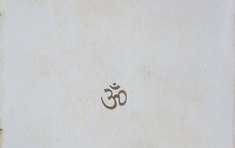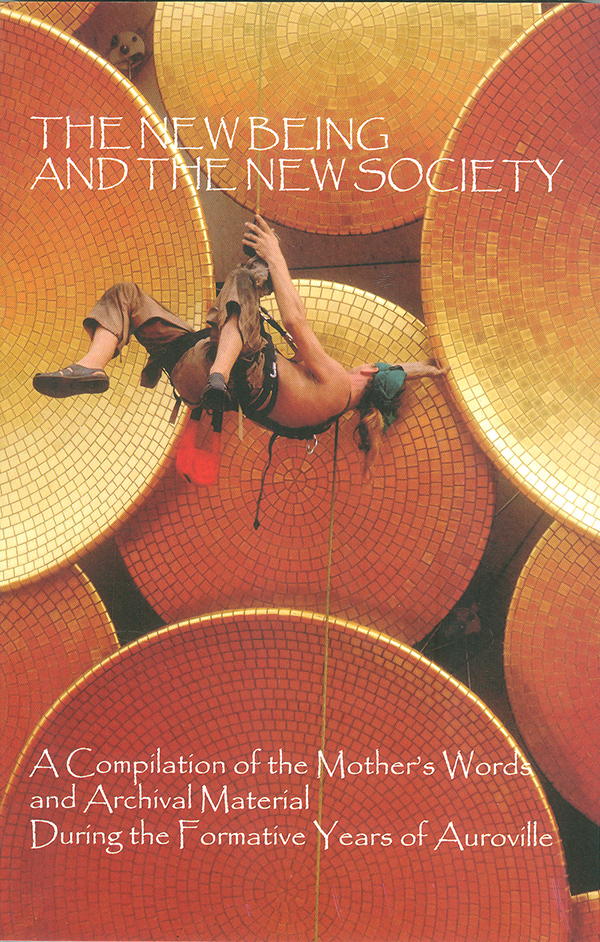Last updated:
The Fate of Tibet

by Claude Arpi
This book is an in-depth study of the origins of the fate of a nation.
It begins from the time Buddhism was introduced in Tibet. It studies the evolution of the Priest-Patron Relationship with the Mongol Khans and later the Manchu Dynasty. It observes the effect of the appearance, in the eighteenth, of a new player on the stage: the British Empire with its 'large insect' expansionist policies and its rivalry with the Russian Empire.
It looks at the conservative attitude of the Tibetan elergy that blocked all the efforts for modernization by the Thirteenth Dalai Lama who in his prophetic Testament, warned his people of the impeding avalanche: "and long and dark shall be the night". It analyses why Tibet was caught sleeping in its nirvanic isolation when liberation movements were shaking the world.
In his unfolding drama, the year 1950 is perceived as a turning point--a Fateful Year--for Tibet as also for the newly free India who did not realize that in refusing to stand for Tibet's right for self-determination, she would forfeit her moral right to lead the decolonized world.
-

The Knowledge Society: A Breakthrough Toward Genuine Sustainability
-
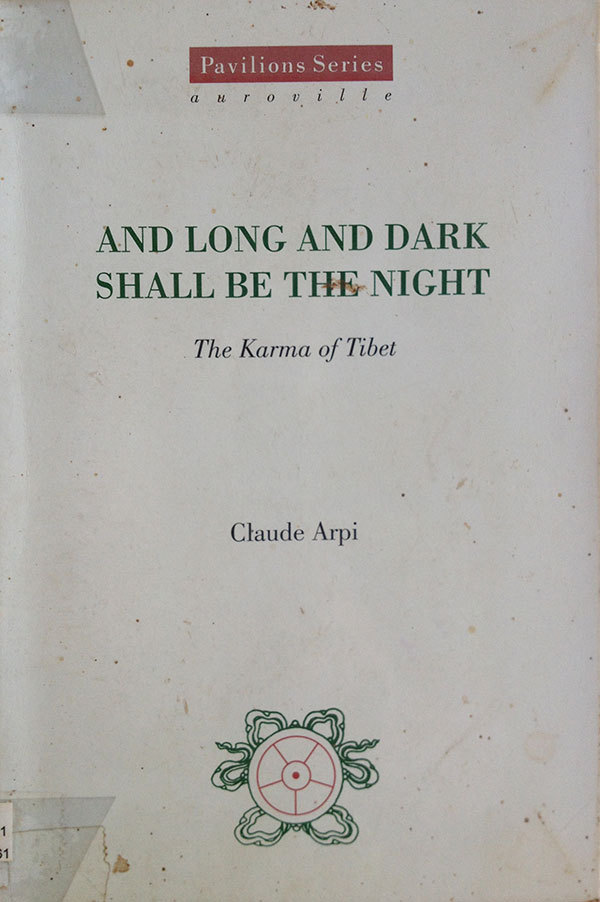
And Long and Dark Shall Be the Night
-
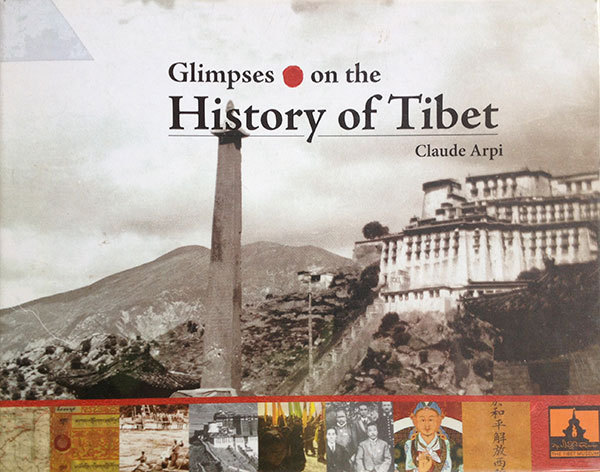
Glimpses on the History of Tibet
-
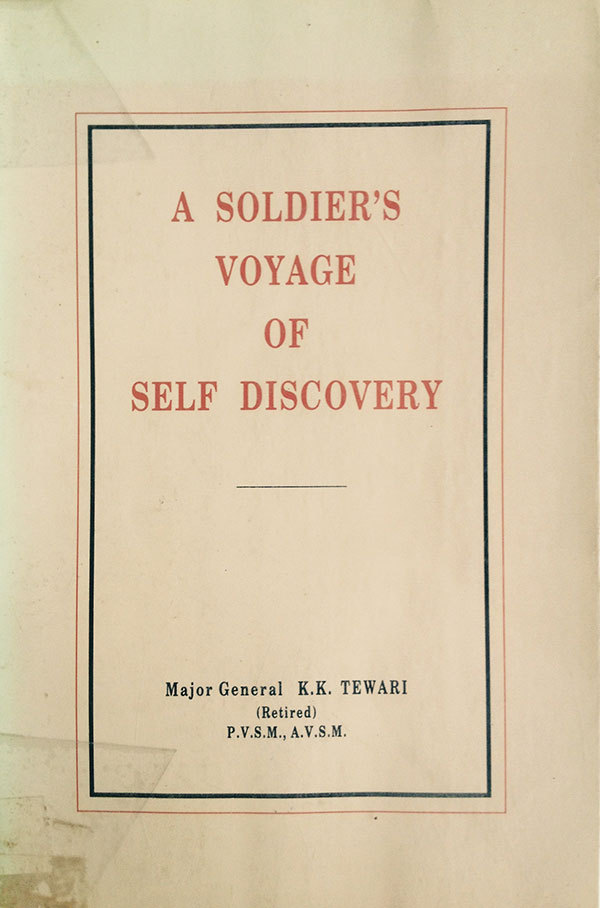
A Soldier's Voyage to Self-Discovery
-
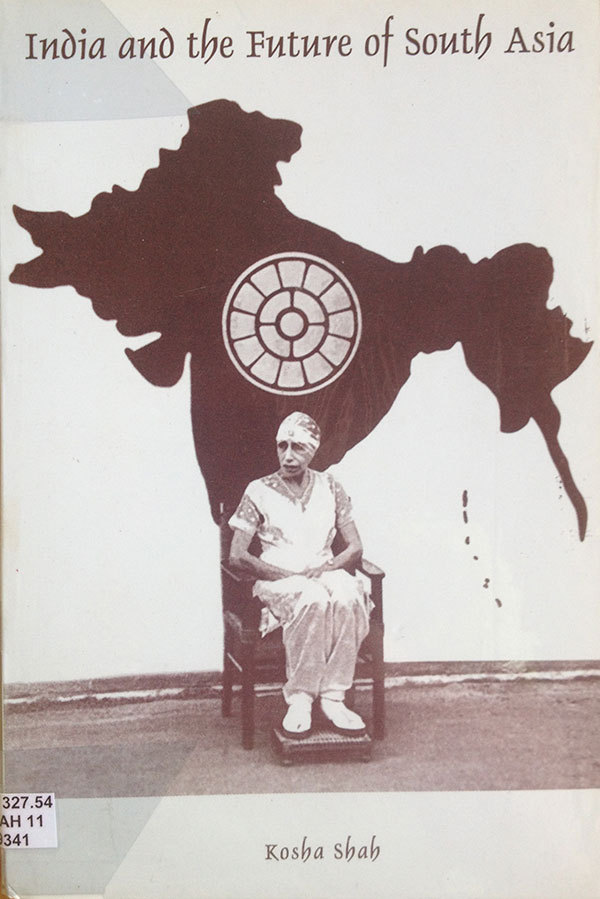
India and the Future of South Asia
-
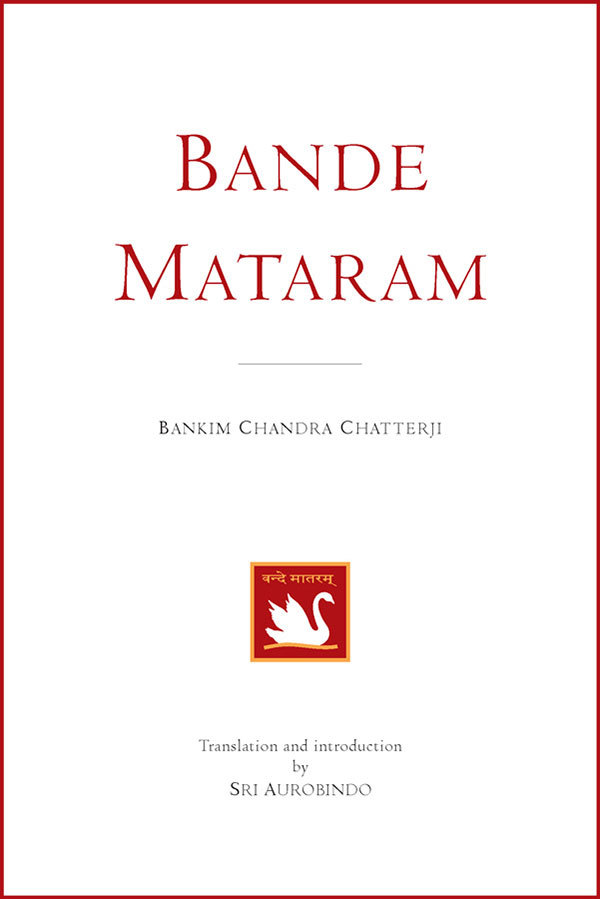
Bande Mataram
-
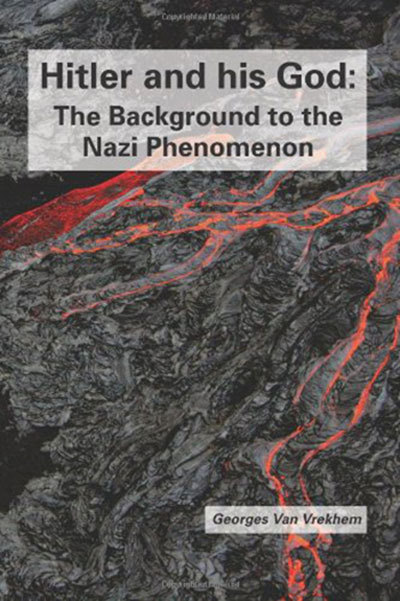
Hitler and His God: The Background to the Nazi Phenomenon
-

India in the World
-
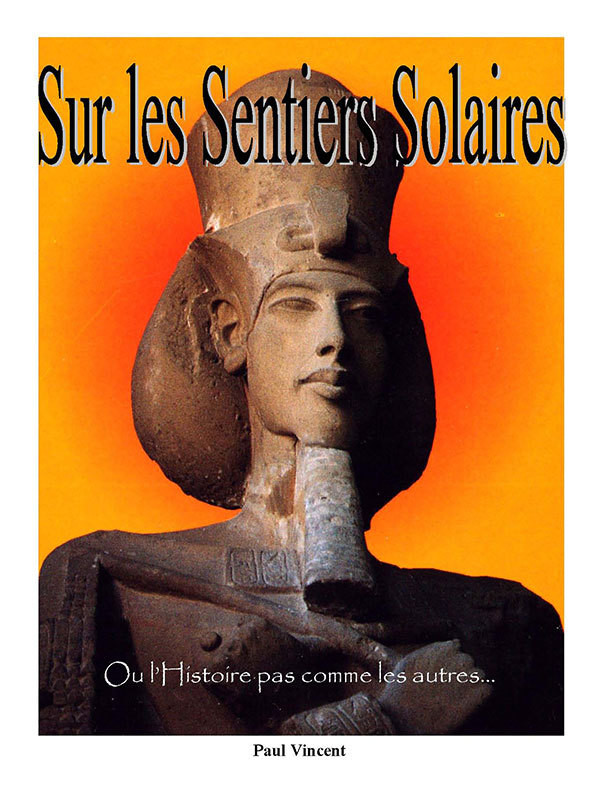
Sur les Sentiers Solaires (On the Solar Paths)
-

Pondicherry - The last month before India's independence
-
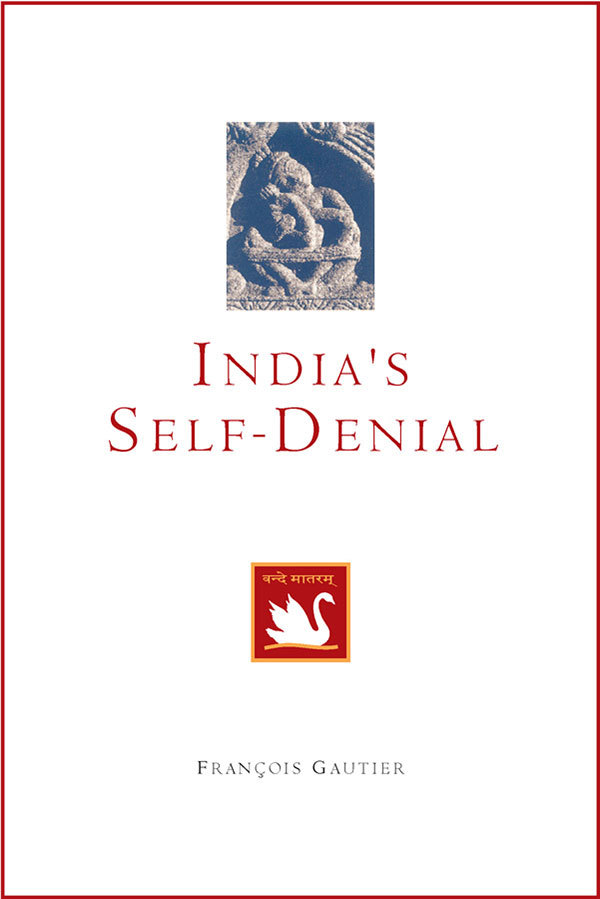
India's Self-Denial
-
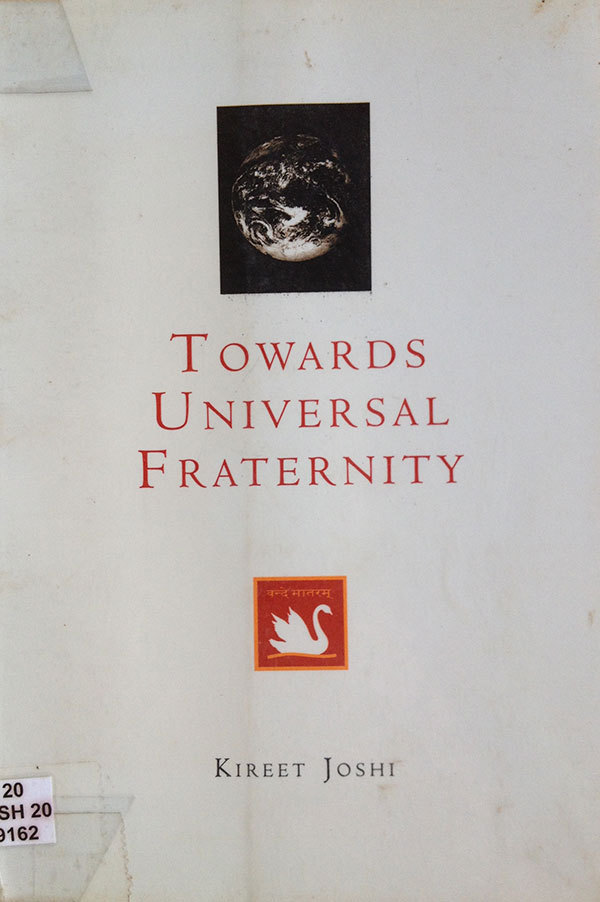
Towards Universal Fraternity
-
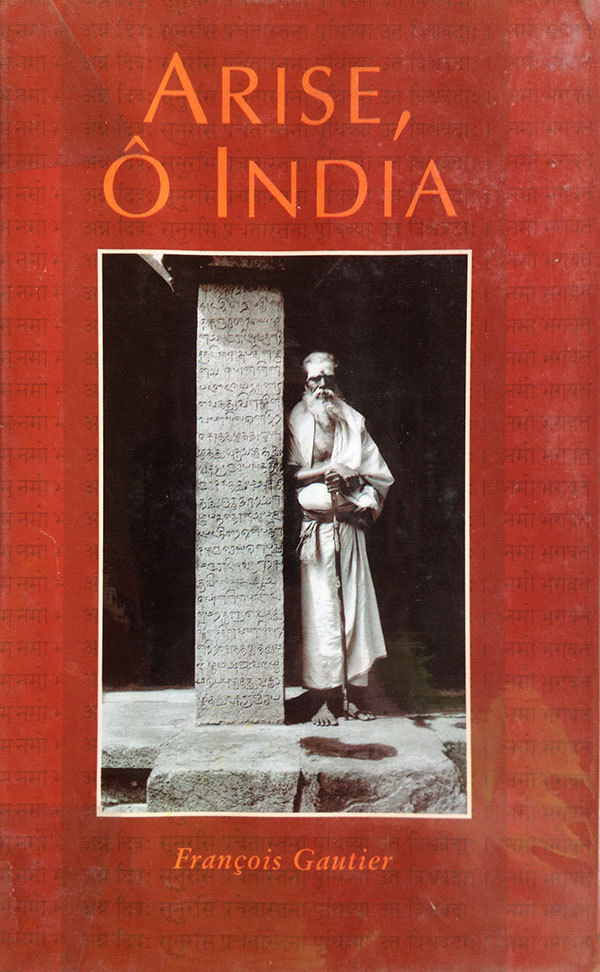
Arise, O India
-
.jpg?1438321086)
Der Stern des Abgrundes: das Medium Adolf Hitler im Lichte Sri Aurobindo und Der Mutter
-
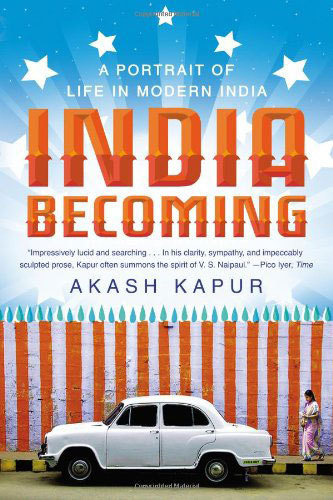
India Becoming: A Portrait of Life in Modern India
-

Dear Aurovilians
-
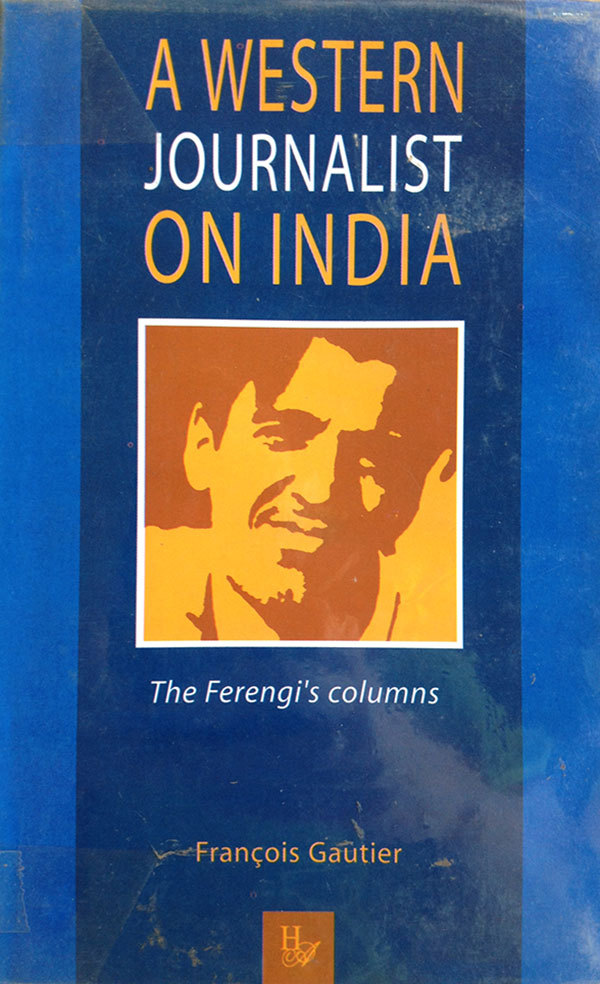
A Western Journalist on India
